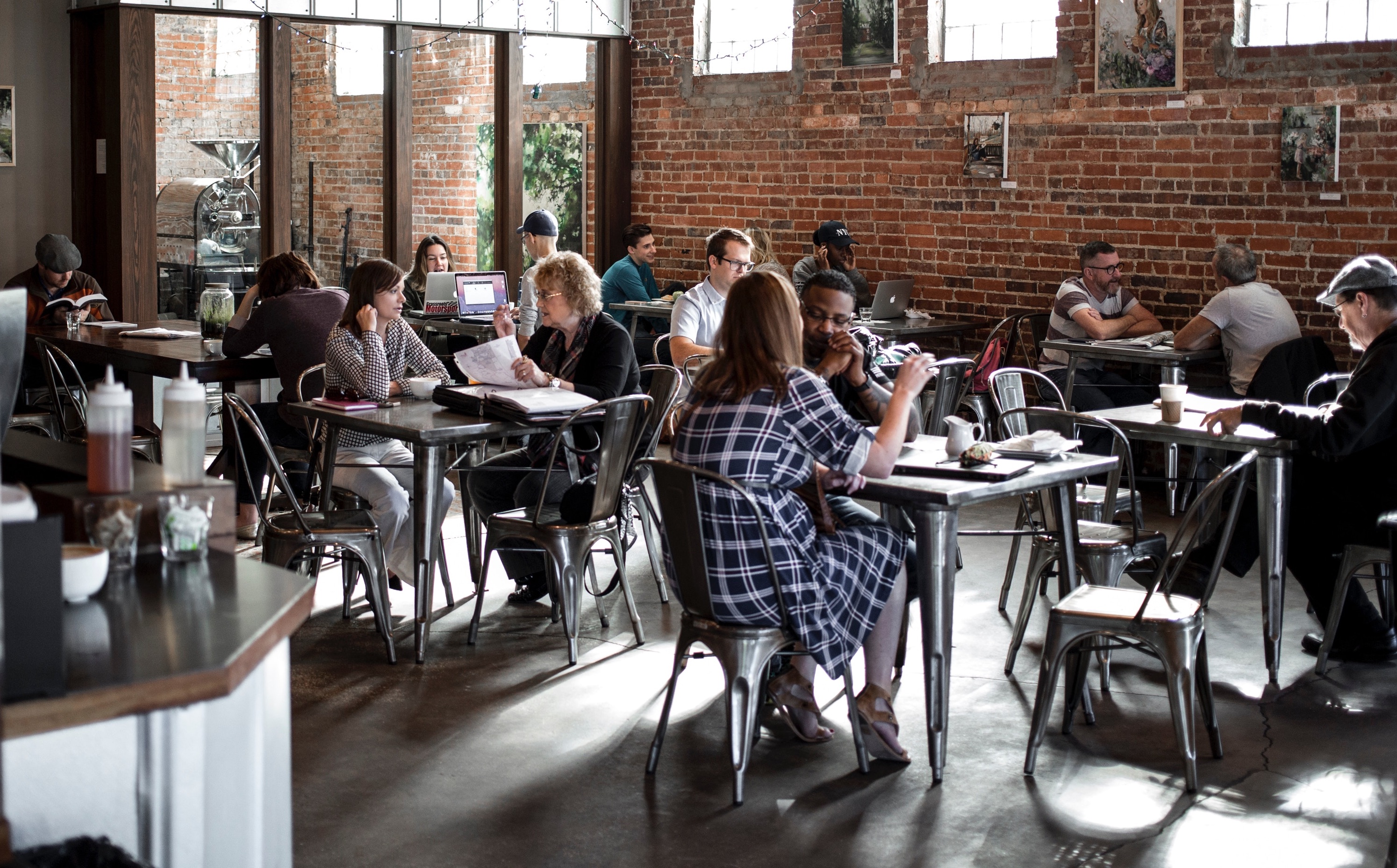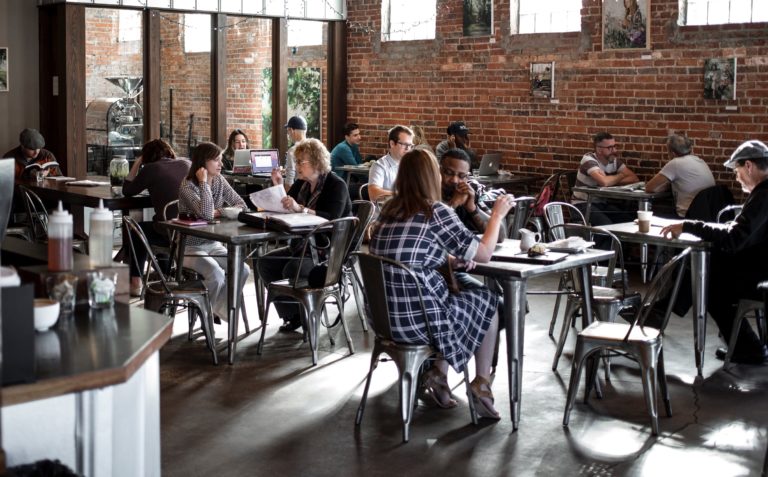Swathed in over a thousand years of tea culture and ceremonies complete with specific language and gestures, the rise of coffee culture is an unexpected change within modern China.
The incredible expansion of coffee culture has moved beyond cans of Nescafe in convenience stores and Starbucks storefronts on every corner in every major city. Smaller cafes providing high-class experiences as well as cozy open mic nights have gained a foothold in many cities across China showing that although coffee is becoming more commonplace, cafes themselves are becoming an integral experience in the growing middle class’ leisure time.
In China, the consumption of coffee is experiential, and the major cities speckled with coffee shops prove it every day. The first Starbucks cafe in China opened in 1999. The growth of the coffee business was slow but coffee maintained itself as a status symbol and an obvious mark of westernization.
Now, Starbucks has over 3,500 cafes in China with the largest store to date situated in the heart of Shanghai. The centerpiece of Instagram and Weibo posts of the nouveau riche, coffee shops are the perfect location for dates, meetups of the young middle class, and even business meetings.
Independent coffee shops tend to cultivate their own crowd catering to millennials with a variety of tastes, providing less of a coffee experience and more of a hangout spot for their customers, with coffee largely serving as an afterthought.
 Photo by Wade Austin Ellis
Photo by Wade Austin Ellis
As coffee shops push to becoming an unremarkable fixture in many tier-one cities in China, they are also pushed past the monolith of coffee shops that exist in the west. Coffee shops in China represent a multi-use space for millennials while still maintaining their role as a status symbol for the nouveau riche. In Beijing and Shanghai alike, there are coffee shops that exist as the overtly expensive extension of their owners’ hobbies and dreams, dedicated to old photography, film, music and niche interests of the sort.
Similarly, there are a multitude of shops better known for their cocktails and open mic nights, serving the creatives in their area. Conversely, in upscale districts known for serving the cities’ businessmen, coffee shops serve Instagram-worthy deserts and overpriced drinks as an admission ticket to the cold yet coveted atmosphere familiar to China’s upper echelon.
Coffee shops providing the standard cozy yet bustling atmosphere found in the US are far and few in between. Compared to the cost of living, coffee is expensive thus frequenting cafes is a luxury few can afford. The experiential aspects of coffee culture remain at the forefront of the Chinese market at the expense of the utility of coffee shops that is heralded in the West.
However, there is still a place for quality coffee in the boom of coffee shops. The magazine Cafe Culture, has created space for consumers and producers to learn more about coffee from harvest to consumption as well as everything from the components in a cafe experience to China’s coffee market potential. Advertisements and articles in this magazine detail the coffee experience in China as well as having a comparison to that of neighboring countries marketing Nescafe as well as specialty beans.
The growth in coffee culture within China is evidence of westernization while maintaining Chinese characteristics. It is increasingly apparent with menus offering specialty items such as red bean lattes and cherry blossom lattes that China has embraced cafe culture and made it all their own.
[zombify_post]


2 Comments